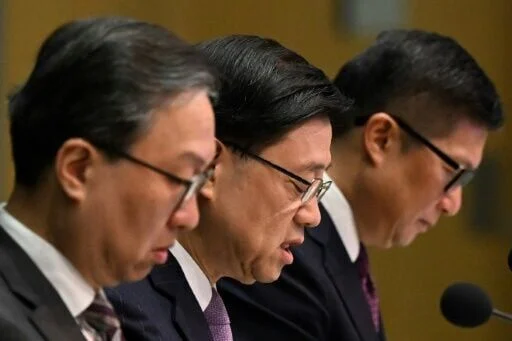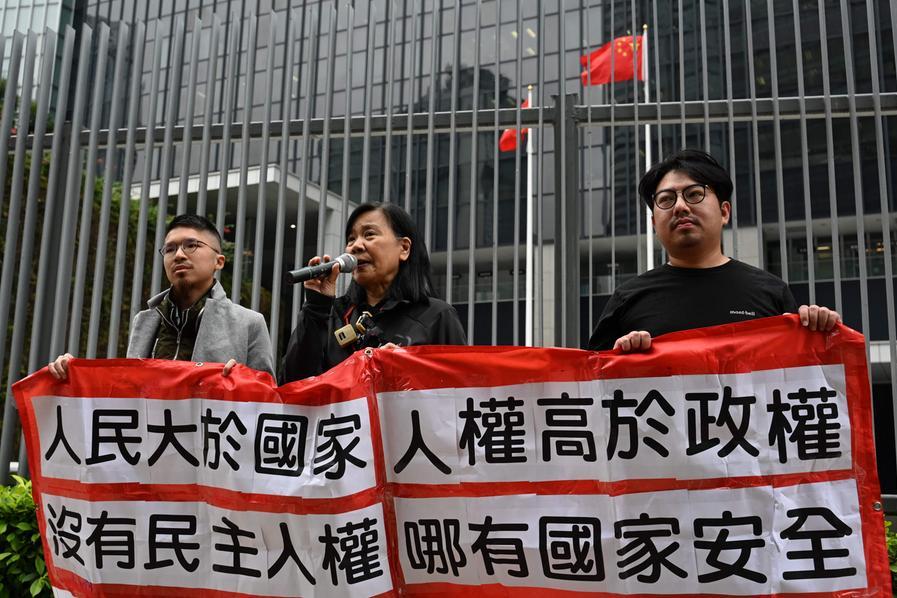Hong Kong’s unveiling of a new national security law with stringent penalties marks a significant development in the city’s political landscape, raising concerns about its implications for civil liberties and autonomy. The legislation, imposed by Beijing, has sparked controversy and drawn international criticism for its perceived encroachment on Hong Kong’s freedoms and the “one country, two systems” framework.
The new national security law encompasses four main categories of offenses: secession, subversion, terrorism, and collusion with foreign forces. Penalties for these offenses range from fines to life imprisonment, reflecting the Chinese government’s determination to tighten control over the semi-autonomous territory.

SOURCE:- INDIA TODAY
The law’s introduction follows months of pro-democracy protests in Hong Kong, triggered initially by a proposed extradition bill but evolving into broader demands for democratic reforms and autonomy from mainland China. The enactment of the national security law represents Beijing’s response to what it perceives as a threat to its authority and stability in Hong Kong.
SOURCE:- WION
Critics argue that the law undermines the principles of freedom of speech, assembly, and expression that have traditionally characterized Hong Kong’s legal system. They fear that it will be used to suppress dissent and target political activists, journalists, and anyone perceived as challenging the Chinese Communist Party’s rule.
Moreover, the extraterritorial reach of the law has raised concerns globally, particularly among foreign businesses and expatriates in Hong Kong. The law empowers Chinese authorities to prosecute individuals outside Hong Kong for offenses committed against national security, potentially leading to extradition requests and legal repercussions for those critical of the Chinese government.
The international community has condemned the imposition of the national security law, viewing it as a breach of China’s commitments under the Sino-British Joint Declaration, which guaranteed Hong Kong’s autonomy and freedoms until 2047. Several countries, including the United States, the United Kingdom, and Canada, have announced measures such as sanctions and visa restrictions in response to the law’s enactment.
The unveiling of the new national security law has further strained relations between China and the Western world, exacerbating existing tensions over trade, human rights, and geopolitical rivalries. It has also raised questions about the future of Hong Kong as a global financial hub and a beacon of liberal values in Asia.
In conclusion, Hong Kong’s introduction of a new national security law with tough penalties represents a significant escalation in Beijing’s efforts to assert control over the territory and quell dissent. The law’s implications for civil liberties, autonomy, and international relations are profound, signaling a new chapter in Hong Kong’s complex relationship with mainland China and the rest of the world.
Share your views in the comments

